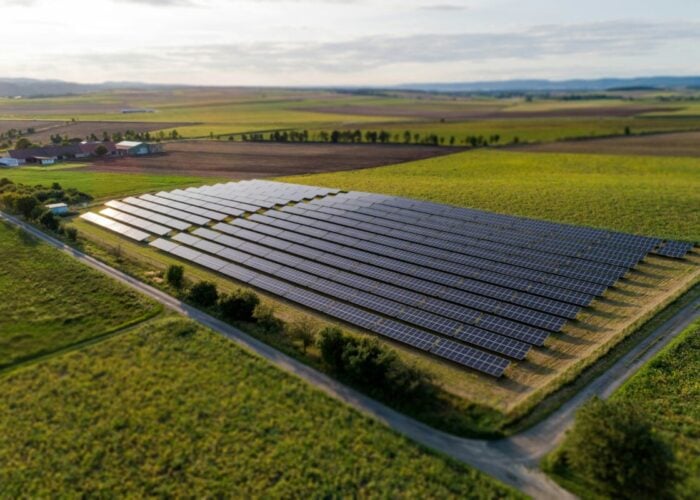Chinese manufacturer Yingli’s European subsidiary has formed a joint venture with renewables developer Namene to focus on PV project opportunities in West Africa.
Operating under the name Yingli Namene West Africa, the two companies said they would target 100MW of utility solar and 50MW of commercial rooftop projects in Ghana and other West African countries in the coming years.
Try Premium for just $1
- Full premium access for the first month at only $1
- Converts to an annual rate after 30 days unless cancelled
- Cancel anytime during the trial period
Premium Benefits
- Expert industry analysis and interviews
- Digital access to PV Tech Power journal
- Exclusive event discounts
Or get the full Premium subscription right away
Or continue reading this article for free
Seychelles-headquartered Namene claims to be focused primarily on the African market, particularly on Ghana and Togo in West Africa, and says on its website it has over 100MW of projects under development in the region.
“Today's announcement marks Yingli's first investment in West African renewable energy projects as well as the continued expansion of our global downstream business,” said Liansheng Miao, chairman and CEO of Yingli Green Energy. “We are pleased to partner with Namene, and believe that our JV is positioned to quickly execute and become successful in this market.”
Under the partnership agreement, the two companies will hold an equal share of the JV’s equity, with application and development costs being funded by its shareholders.
The two companies said the JV’s first utility-scale projects were under development and that construction on the first was expected to begin in 2017.
Despite plenty of interest, West Africa’s solar market has yet to fully ignite. Earlier this year it emerged that although regional front-runner Ghana had received well over 2GW of applications for utility-scale projects under its new feed-in tariff, it had been forced to put a brake on the process because of concerns over the ability of the grid to cope with an influx of large projects.
With other African countries facing similar issues, some have touted the commercial rooftop market as a potentially more promising bet for solar in some parts of Africa.






